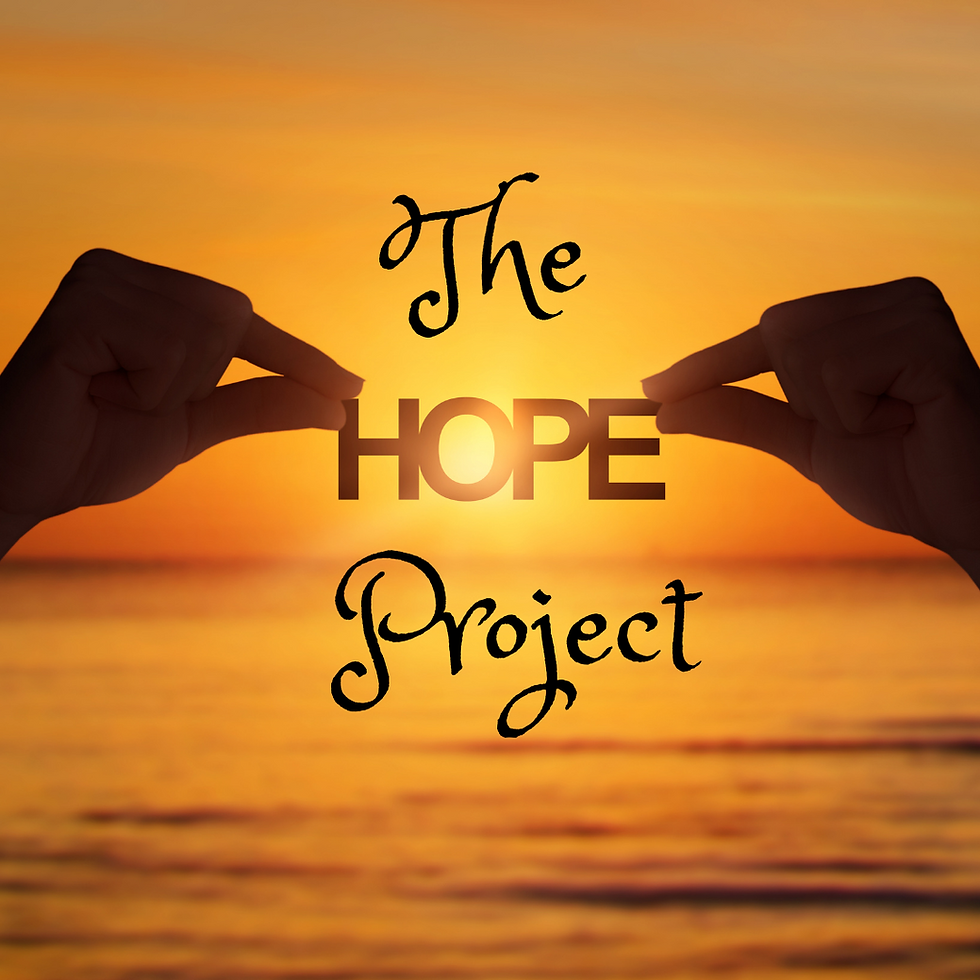Meaningful Project-Based Learning for High School English: 5 Objectives
- Teacher's Workshop

- Dec 12, 2023
- 2 min read
I recently opened enrollment for a new online course, Meaningful Project-Based Learning for High School English. Enrollment closes Friday, so be sure to take this opportunity to change the energy of your classroom with relevant, modern learning that your students will remember forever. If we want students to create something memorable at the end of the year, it’s important to start a project now that doesn’t involve a lot of homework.
The Conversation Project encourages students to talk about anything and everything. It’s meant to help them find something they’re passionate about through the consumption of modern media. At the end, they can create their own media that helps them express their newfound philosophy and perspective gained from the project.
I see project-based learning as an opportunity to hit pause and reflect on the world we live in – the economy, science, innovation, crime, free will, language, sports, migration, technology, race, and anything else students find themselves curious about. Our students crave a deeper understanding of history and literature but they also want the opportunity to have deep, lengthy conversations with their peers about what it all means.
Project-based learning for high school English has five main objectives:
Passion
Project-based learning allows students to choose their own topics and questions to purse rather than have their teacher control everything. We want them to pursue a meaningful topic that interests them and inspires curiosity. With projects, they get time in school to learn more about it and share that learning with others.
Empathy
Many of the sources in my project involve real life stories from people who overcome hardship or have a unique view on the world caused by their upbringing. Novels, short stories, and poems have an important place in curriculum, but hearing a person tell a story or express an idea out loud has a special power that inspires empathy and compassion. Projects also allow students to have conversations with people – family, friends, professionals - outside of school.
Civility
Because so much interaction now happens behind a screen, it’s important for kids to learn how to debate, exchange ideas, and tell stories in real life. We want them to read literature but also read body language and tone, and learn how to politely disagree with a person and try to find common ground or a common goal.
Independent Thinking
Our students are just beginning to think for themselves. It’s an exciting time for them to challenge and criticize the world they’ve inherited. Not only do we want students to summarize and interpret sources, but to converse about what they think, and what to do about what they read or saw. Media now contains so much more than words, so students need to learn how to interpret videos and images as well.
Creativity
In addition to meaningful conversations, students need to learn how to package their thoughts and express them using modern media. My final assignment always involves deep thinking and writing, but it expects students to do more with it, and they will often share their final product online and with their friends and family. Throughout the project, students create podcasts, write fiction, and are generally free from the regular academic limitations that might stifle their explosive teenage thoughts.
Teacher's Workshop, professional development for secondary ELA teachers




Comments